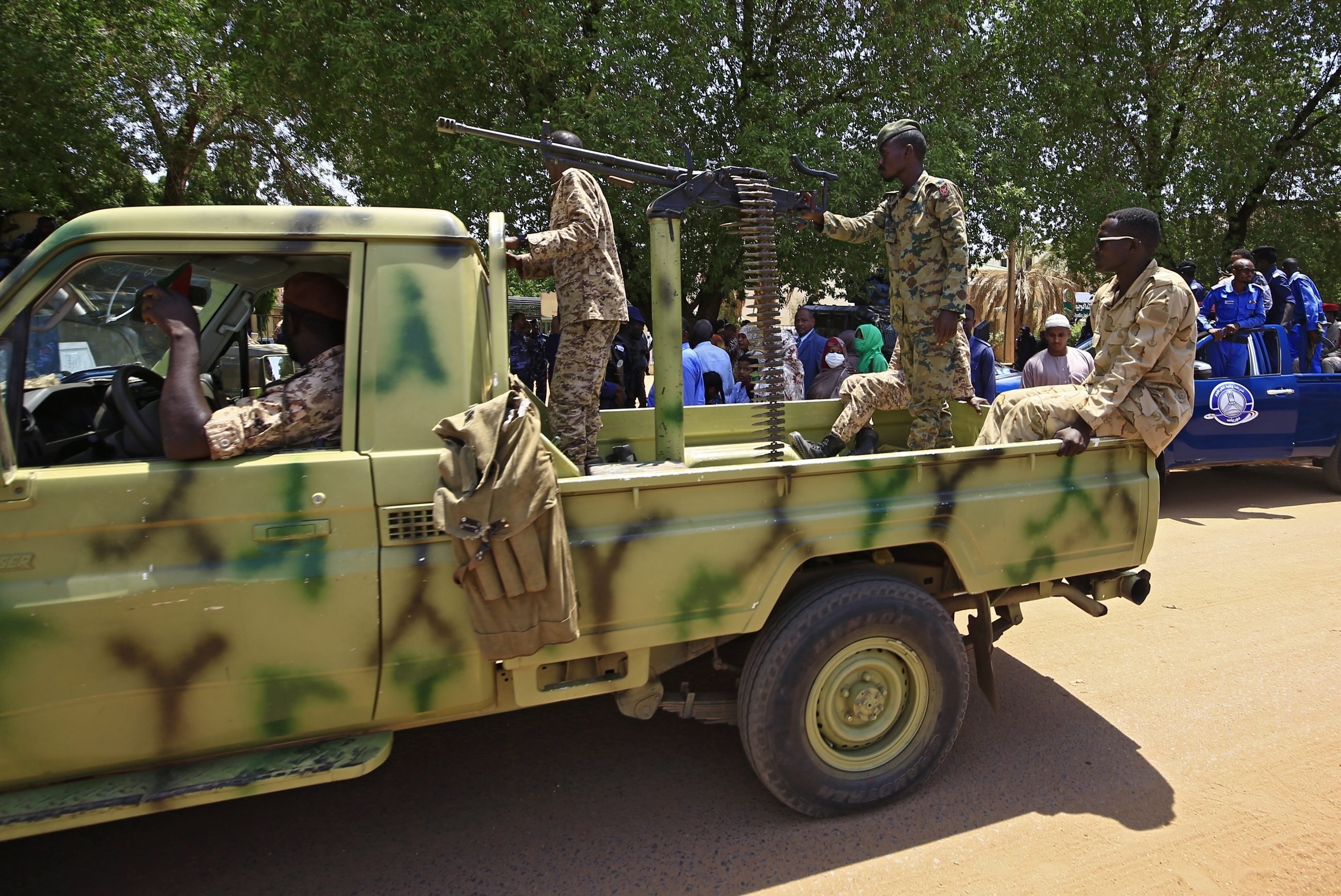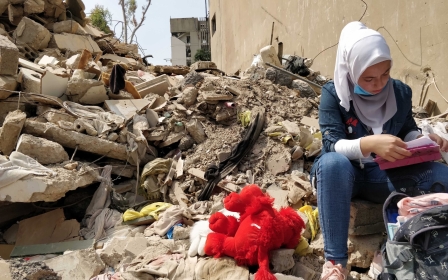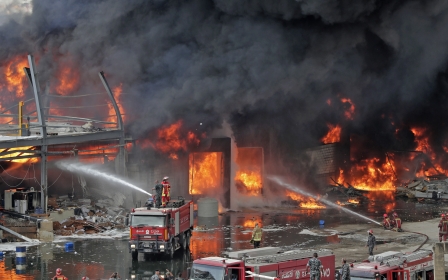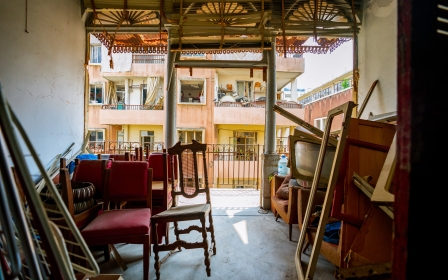Sudan seizes explosives large enough to 'blow up the entire capital’

Sudan’s public prosecutor said on Wednesday that authorities arrested 41 people and seized an amount of explosives large enough to destroy the capital Khartoum.
According to the Public Prosecutor Taj Eldin al-Sirr, "the seized explosives are very dangerous, including materials similar to the ones that destroyed Beirut port."
"We seized huge quantities of ammonium nitrate in raids in the east of the Nile," Sirr told a press conference.
"The Rapid Support Forces set up 12 ambushes, which resulted in the arrest of 41 people, and the confiscation of dangerous explosive materials that could blow up the entire capital".
The prosecutor added that those arrested are currently being investigated.
New MEE newsletter: Jerusalem Dispatch
Sign up to get the latest insights and analysis on Israel-Palestine, alongside Turkey Unpacked and other MEE newsletters
According to the official Sudanese News Agency, the captured explosive materials “pose a security risk to Sudan and its neighbouring countries”.
Sirr urged citizens to be alert and “to report anything suspicious”.
Ammonium nitrate is an industrial chemical commonly used for fertilisers, but can also be used as an explosive, often in mining.
Lebanon's government has attributed the enormous blast that hit the capital Beirut on 4 August to the 2,700 tonnes of the chemical compound ammonium nitrate, which had been left lying in a warehouse in the port since 2013.
The blast killed at least 190 people and injured 6,500, while the World Bank has estimated that it caused up to $8.1bn in damage and economic losses in the cash-strapped country.
Meanwhile, Brigadier General Jamal Jumaa Adam, the official spokesman for the RSF, warned during Wednesday's press briefing of the transfer of large quantities of explosives to neighbouring countries.
"We are afraid that we will be classified once again as a state sponsor of terrorism,” he said.
The materials confiscated in recent operations include 3,594 detonating capsules, a detonation cord, and four sacks containing nitrate, according to the spokesman. The seized quantity of the chemical compound was small.
Adam added that citizens deal with the detonating capsules as a trade, where they are supplied for 3,000 Sudanese pounds ($54) then sold for 15,000 pounds ($271).
He also said his forces have been monitoring “cells” trading in explosives since 19 August and that a large part of these groups has been dismantled.
Middle East Eye delivers independent and unrivalled coverage and analysis of the Middle East, North Africa and beyond. To learn more about republishing this content and the associated fees, please fill out this form. More about MEE can be found here.




